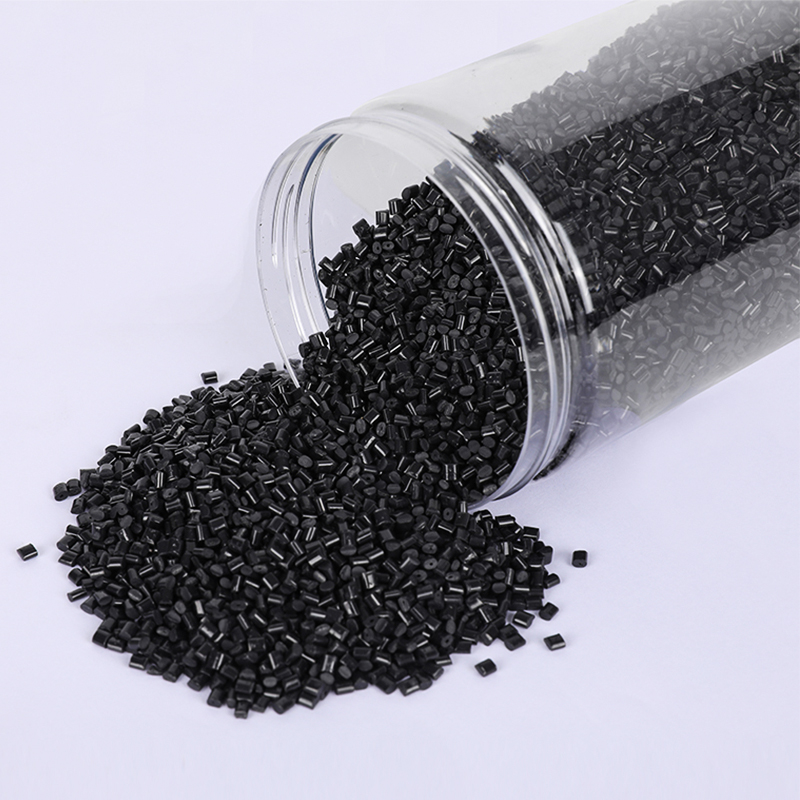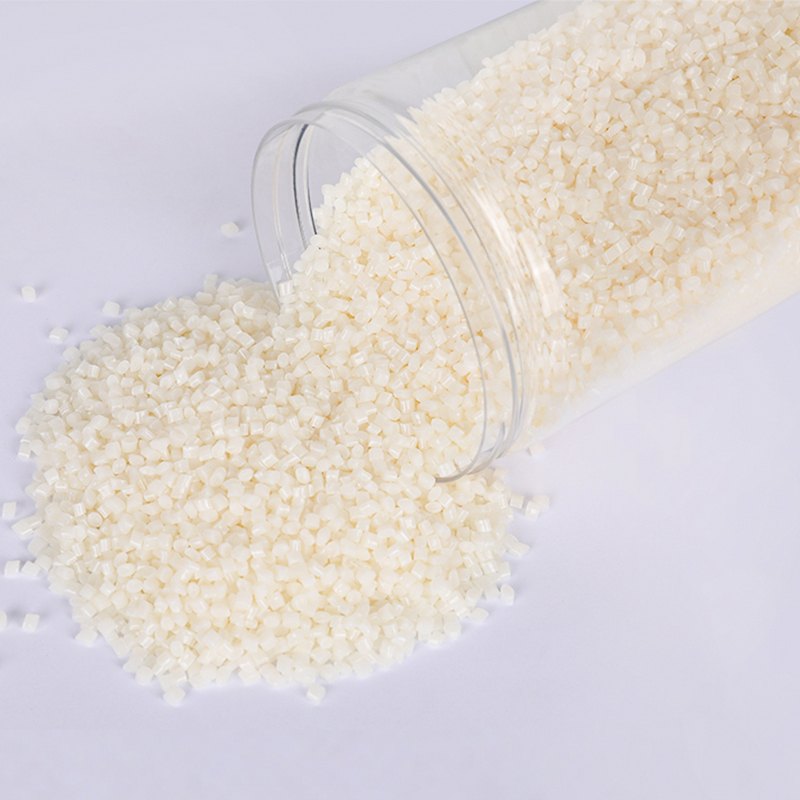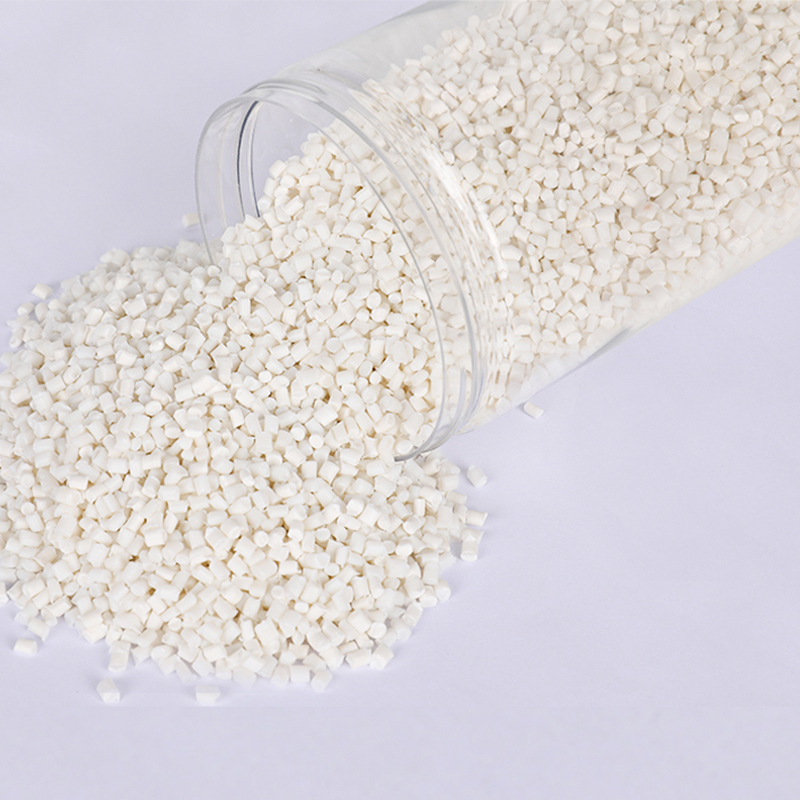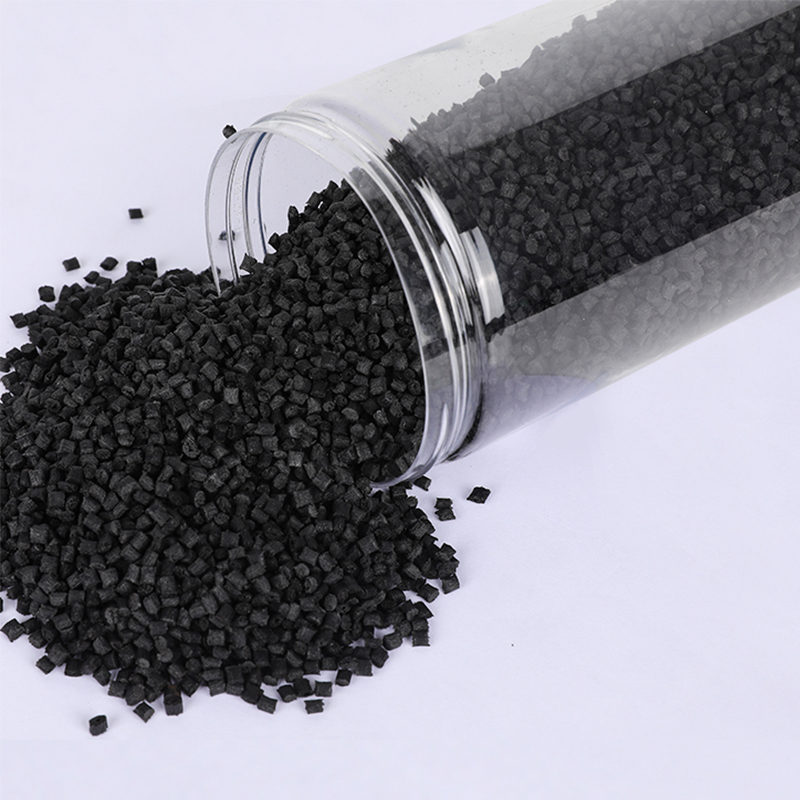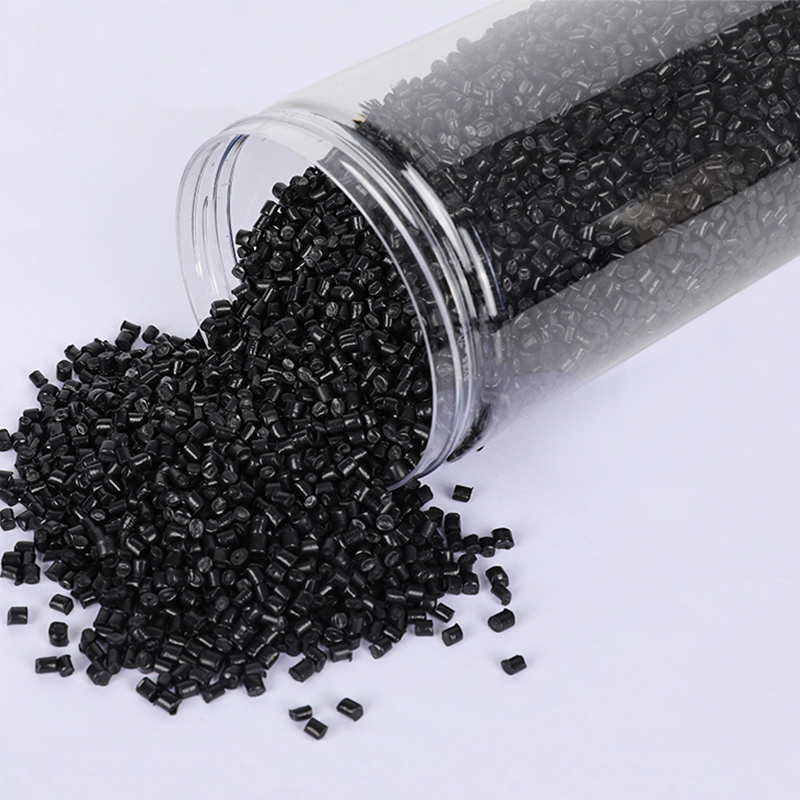Stay up to date with our recent products
Web Menu
Product Search
Exit Menu
Scaling Up Polyamide Recycling: Meeting the Demand for Sustainable Materials
The demand for sustainable materials is at an all-time high, as industries across the globe are increasingly recognizing the need to reduce their environmental impact. Polyamide, a synthetic polymer that includes materials like nylon, is one of the key raw materials involved in the production of countless everyday products. The recycling of polyamide, or RPA Recycled Polyamide Raw Material (RPA), presents a critical opportunity to meet this demand, offering a solution that not only reduces waste but also conserves valuable resources. However, scaling up the recycling of polyamide materials to meet the growing demand for sustainable raw materials in various industries is a challenge that requires innovation, investment, and collaboration.
At its core, the recycling of polyamide involves recovering post-consumer and post-industrial waste, such as discarded nylon items or manufacturing scraps, and processing these materials back into usable polymer forms. This allows manufacturers to reduce their dependence on virgin polyamide, which is derived from petroleum-based feedstocks. By using recycled polyamide, industries can lower their carbon footprint, conserve natural resources, and contribute to a circular economy. However, the process of scaling up this recycling effort requires overcoming several practical and logistical challenges.
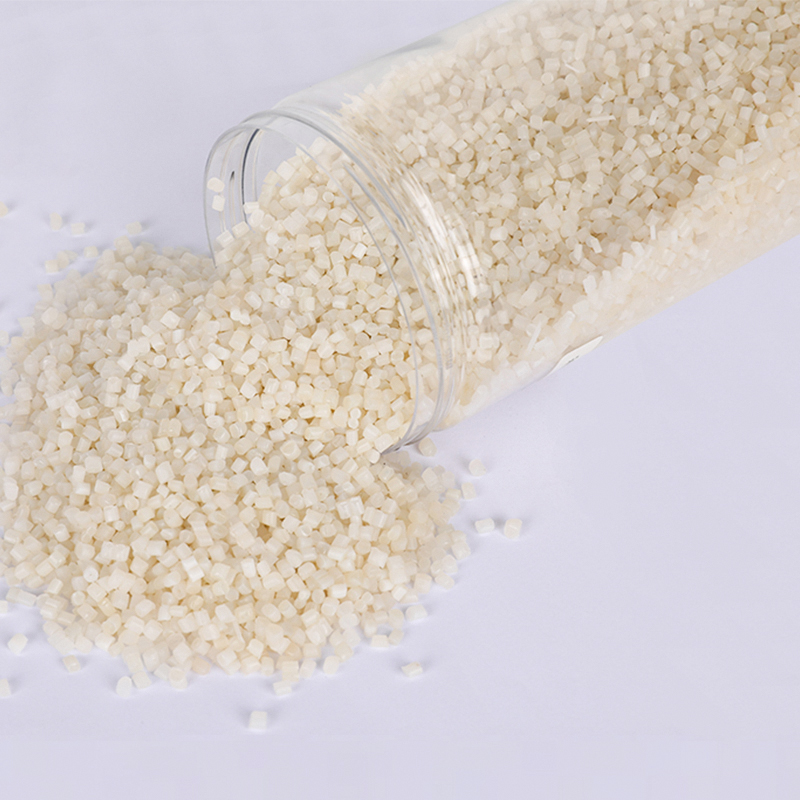
One of the primary hurdles in scaling up polyamide recycling is the complexity of the recycling process itself. Polyamide materials, particularly nylon, can be difficult to recycle due to their chemical structure and the presence of contaminants in the waste stream. To ensure that recycled polyamide meets the necessary quality standards, advanced sorting and cleaning technologies must be employed. This requires investment in both infrastructure and expertise to handle the waste efficiently and minimize contamination. Additionally, polyamide recycling facilities must be able to handle large volumes of material, which demands significant capacity expansion. By improving the efficiency of the recycling process, more polyamide can be collected, processed, and reused in new products.
Another challenge is the variability in the quality of recycled polyamide. While virgin polyamide is manufactured to meet specific performance characteristics, recycled polyamide may vary in properties such as strength, durability, and appearance. This variability can make it difficult to use recycled polyamide in high-performance applications, such as automotive parts or technical textiles. To address this issue, further research and development are needed to enhance the mechanical properties of recycled polyamide. Technological advancements in the recycling process, such as chemical recycling methods that break polyamide down into its basic building blocks, could also help improve the consistency and quality of the material. This would make it more suitable for a wider range of applications, helping industries meet the demand for sustainable materials without compromising performance.
Scaling up the recycling of polyamide also requires a shift in the mindset of both manufacturers and consumers. Many industries are still heavily reliant on virgin materials due to concerns about the reliability and quality of recycled alternatives. To overcome this, manufacturers need to invest in educating consumers and stakeholders about the benefits of recycled polyamide. Demonstrating that recycled polyamide can deliver the same, if not better, performance as its virgin counterpart will be key in driving widespread adoption. Brands and consumers alike play a crucial role in this process, as their demand for sustainable products can drive innovation and create a market for recycled polyamide. By making recycled polyamide products more accessible and affordable, manufacturers can help shift the market towards more sustainable choices.
In addition to addressing quality and awareness, increasing the availability of RPA recycled polyamide raw material requires improvements in the supply chain. The collection and transportation of post-consumer polyamide waste can be logistically challenging, especially when it comes to sourcing materials from different industries and regions. Partnerships between manufacturers, waste management companies, and recycling facilities will be essential to streamline the supply chain and ensure a consistent and reliable supply of recycled polyamide. Governments can also play a role by implementing policies that incentivize recycling efforts and support the development of a circular economy. These efforts could include subsidies for recycling facilities, regulations that promote the use of recycled materials, and incentives for consumers to recycle.
As China PCR Recycled Plastic Granules Factory, We always adhere to the experience and philosophy of "keeping up with the times, constantly innovating, developing efficiently, and cooperating for mutual benefit"

Address: No.11, Wangzhuang Section, Provincial Road 01, Daqiao New Area, Economic Development Zone, Haiyan County, Jiaxing City, Zhejiang Province, China
Phone: +86-18058285678
Fax: +86-0573-86868101
E-mail: [email protected]
SUNRISE GROUP(Overseas Exclusive Agent)
www.sunrisechemical.com
2024 ICIS Global Chemical Distributor Top 8
Export Sales Manager:Helen Zhang
Mob/Whatsapp: +86 19883063465
Email: [email protected]
Copyright © Jiaxing Anyiju Plastic Industry Co., Ltd. All Rights Reserved

 简体中文
简体中文 English
English

